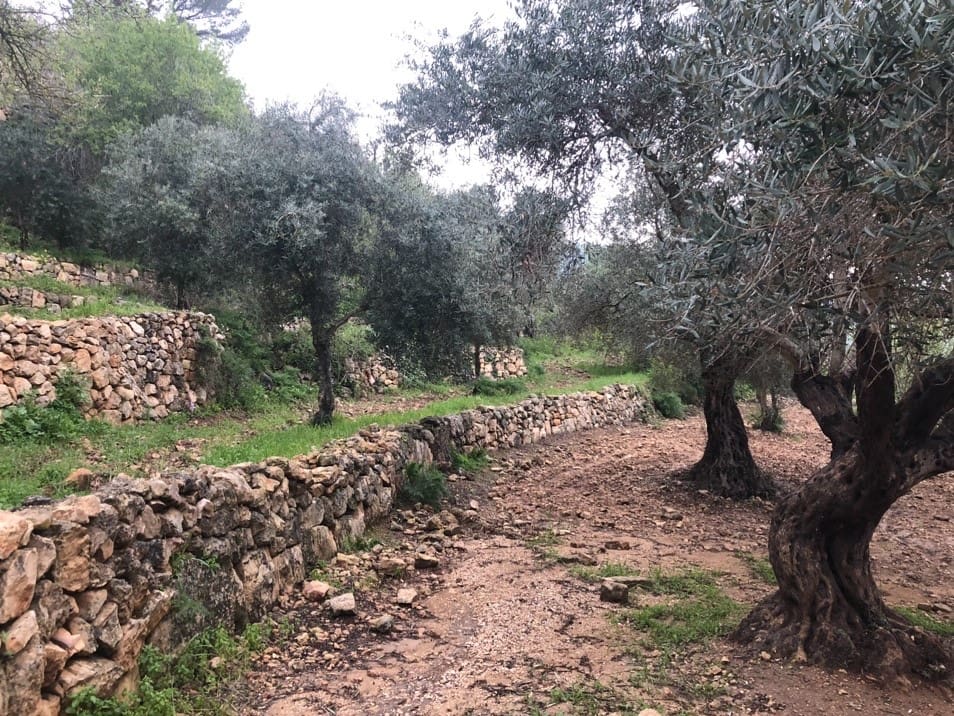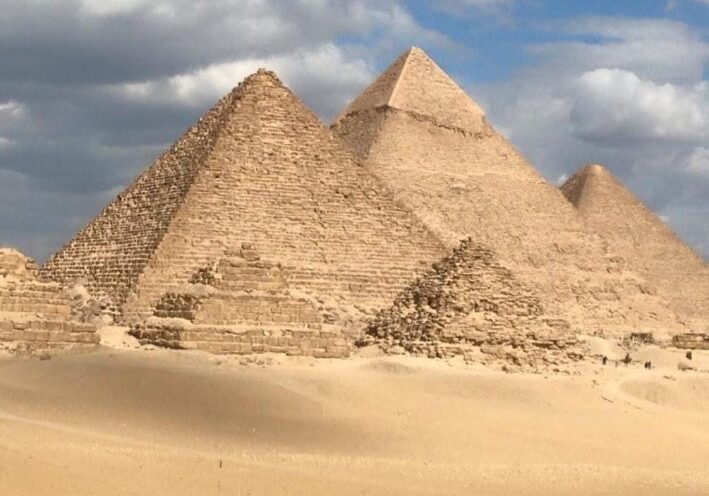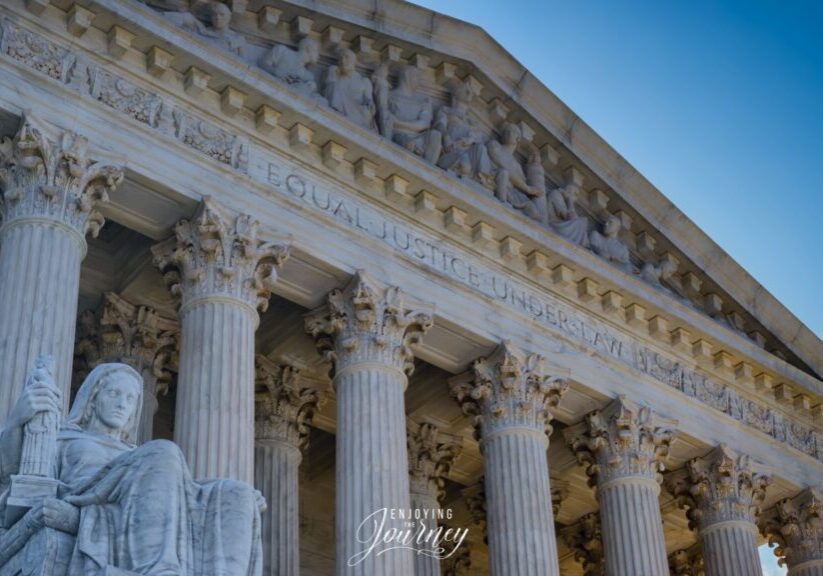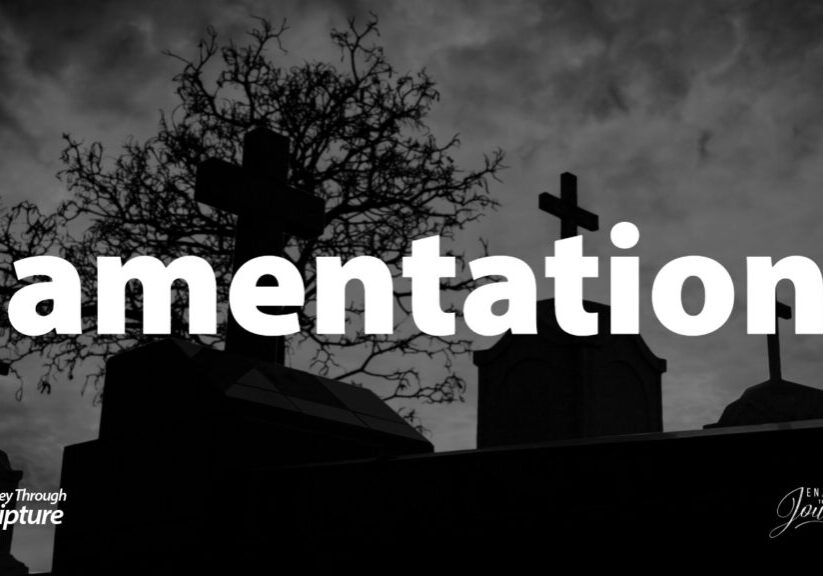
The Significance of Olive Trees
“And there shall come forth a rod out of the stem of Jesse, and a Branch shall grow out of his roots” (Isaiah 11:1).
“For there is hope of a tree, if it be cut down, that it will sprout again, and that the tender branch thereof will not cease.Though the root thereof wax old in the earth, and the stock thereof die in the ground;Yet through the scent of water it will bud, and bring forth boughs like a plant” (Job 14:7-9).
Olive trees were one of the seven species for which Jews were to thank God (Deuteronomy 8:8). In antiquity, olives were prized for their versatility. The fruit was used for food, and since meat was a rare treat, it was a valuable source of fat and energy. The oil itself was used for light; tiny oil lamps are common finds in archeological sites around the Mediterranean. The wood provided heat in the winter, and for the production of furniture.
Olive trees are very long-lived, with some surviving for thousands of years. However, after a few hundred years their fruit production drops off considerably. When this happens, the farmer cuts the tree down and uses the wood. Soon, new shoots appear, and in a few years the farmer has a new tree that grew from the roots of the old tree. This custom is reflected in the preaching of John the Baptist. He warned the Pharisees that if they did not bring forth the fruit of repentance, the axe would be laid to the root of all the unfruitful trees, and they would be cut down and cast in the fire (Matthew 3:7-10).
The Olive Tree and Jesus
Isaiah wrote of the suffering Servant, and sketched an outline of Him for us. The prophet wrote that the Servant will be spring from the family of Jesse, and even though the House of David had been cut down, life rested in the roots. A branch, in Hebrew a nezer, would come from that line. Upon returning from Egypt, Joseph chose to live in Nazareth in Galilee, which was not a coincidence, but rather prophetic. The name Nazareth is formed by two Hebrew words, Branch (nezer), and Tree (etz). In other words, Jesus’ hometown was called Tree Branch. God made His Messiah obvious to the world. Where better for the Bread of Life to be born than Bethlehem? Bethlehem literally means House of Bread, or more colloquially, a bakery. Where better for the Branch to grow to manhood than in a town called Tree Branch?
Romans 11 teaches those of us who are believing Gentiles that we have been grafted into this good olive tree by the work of Christ. By the grace of the prophesied Branch, we too can partake “of the root and fatness of the olive tree.” (11:17) “And again, Esaias saith, There shall be a root of Jesse, and he that shall rise to reign over the Gentiles; in him shall the Gentiles trust.” (Romans 15:12) The humble olive tree is our reminder that Jesus is our life and our light. He is our prophesied Branch springing from kingly roots. God used this common tree to reveal to us His plan of redemption through the ages.
The Olive Tree and You
Reader, have you shown the fruit of repentance? If not, you will suffer the same fate as the Pharisees. You will be cut down and cast into the fire. If on the other hand, you do repent and turn to Christ, you will be grafted into His family, and be planted with Him forever in Heaven’s garden. (Learn more about salvation HERE.)
“I Jesus have sent mine angel to testify unto you these things in the churches. I am the root and the offspring of David, and the bright and morning star. And the Spirit and the bride say, Come. And let him that heareth say, Come. And let him that is athirst come. And whosoever will, let him take the water of life freely” (Revelation 22:16-17).
Discover more from Enjoying the Journey
Subscribe to get the latest posts sent to your email.






